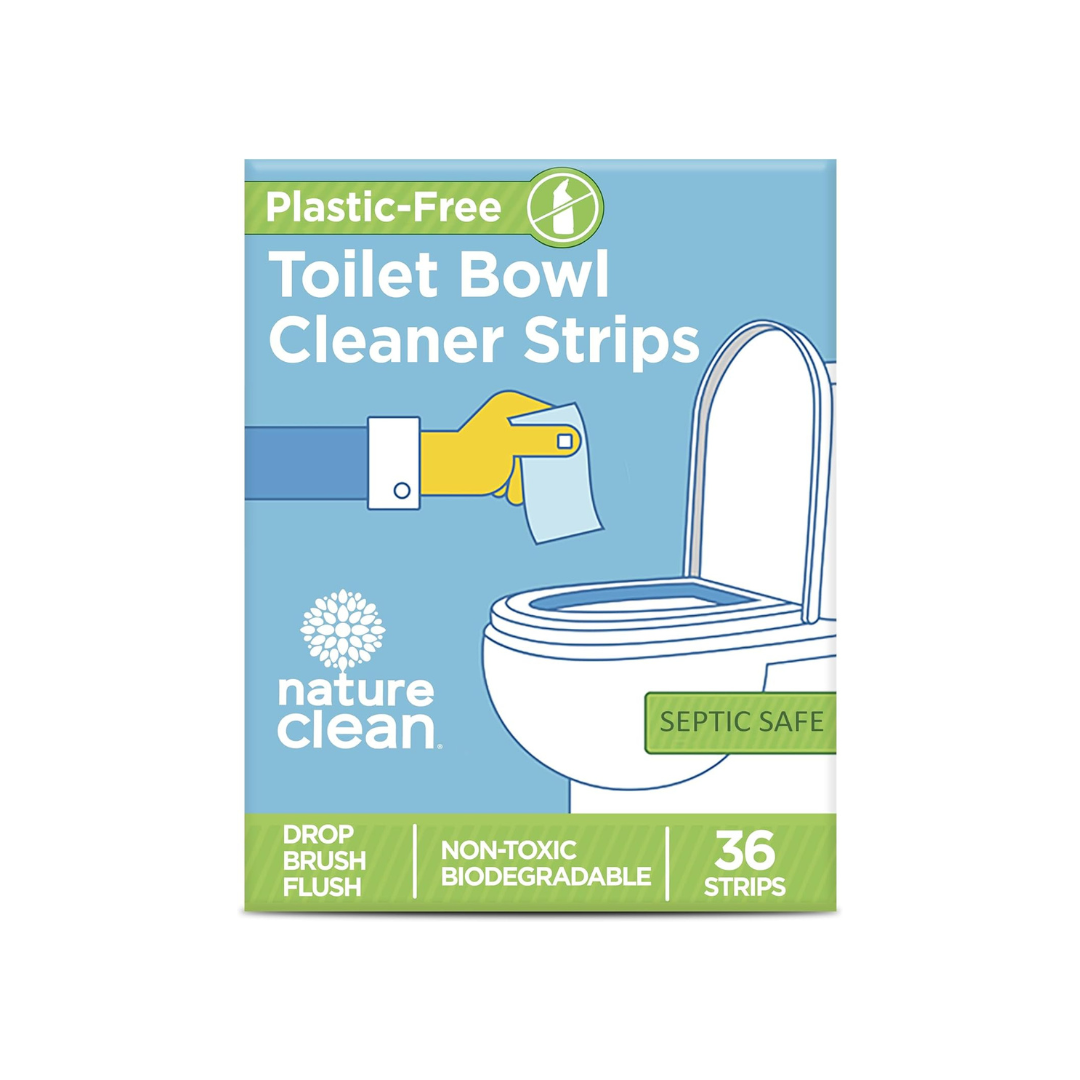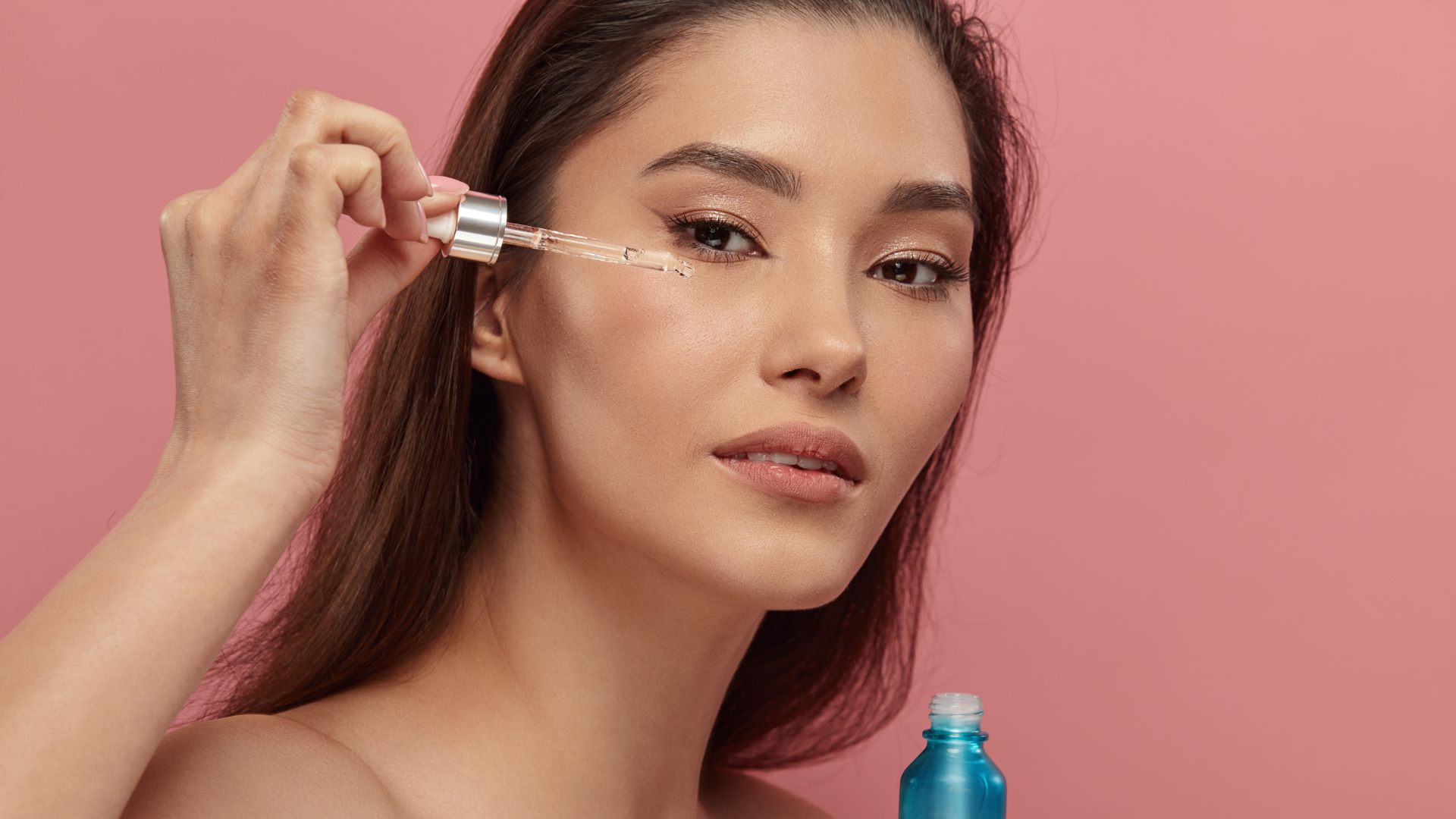Its role in collagen production, anti-aging, and skin repair.
Understanding Vitamin C and Its Benefits
When it comes to skincare, few ingredients are as celebrated as Vitamin C. Known as the brightening antioxidant hero, this powerhouse ingredient is a cornerstone in many routines, thanks to its transformative effects on the skin. From boosting collagen production to reducing signs of aging and repairing damaged skin, Vitamin C is one of the most effective and versatile ingredients available.
At Sustai Market, we prioritize low-risk, scientifically backed ingredients like Vitamin C that align with our mission of promoting safe, sustainable, and effective personal care choices. In this comprehensive guide, we’ll dive deep into what makes Vitamin C an essential ingredient for your skin and how it supports collagen production, anti-aging, and skin repair.
The Power of Vitamin C in Skincare
Why Vitamin C is a Game-Changer
Vitamin C has earned its title as an essential skincare ingredient due to its remarkable ability to address multiple skin concerns. Whether you’re looking to brighten dark spots, reduce fine lines, or protect your skin from environmental damage, Vitamin C offers a solution.
Here’s why it’s so powerful:
-
Antioxidant Protection: Vitamin C neutralizes free radicals, which are unstable molecules that damage skin cells and accelerate aging.
-
Collagen Boosting: It stimulates collagen production, keeping the skin firm, plump, and youthful.
-
Skin Brightening: Vitamin C fades dark spots, evens out skin tone, and gives your complexion a radiant glow.
How Sustai Market Supports Safe and Effective Ingredients
At Sustai Market, we carefully curate products that contain proven, low-risk ingredients like Vitamin C. Our Sustai Score evaluates products for safety, transparency, and environmental sustainability, ensuring you can trust the products you use on your skin.
What is Vitamin C?
1) The Science Behind Vitamin C
Vitamin C, also known as ascorbic acid or L-ascorbic acid, is a water-soluble vitamin that your body cannot produce on its own. In skincare, it is prized for its ability to protect, repair, and rejuvenate the skin.
-
Natural Sources: Vitamin C is naturally found in citrus fruits, berries, and green vegetables, but topical application delivers targeted benefits directly to the skin.
-
A Potent Antioxidant: As an antioxidant, Vitamin C protects against oxidative stress caused by free radicals, UV rays, and environmental pollutants.
2) Forms of Vitamin C in Skincare
Not all Vitamin C products are created equal. Different forms of Vitamin C offer varying levels of stability, potency, and benefits:
-
L-Ascorbic Acid:
-
The purest and most potent form of Vitamin C.
-
Best for those with normal to oily skin seeking maximum results.
-
-
Sodium Ascorbyl Phosphate:
-
A stable, water-soluble derivative that is gentler on sensitive skin.
-
-
Magnesium Ascorbyl Phosphate:
-
Known for its hydrating properties and ability to brighten skin.
-
-
Tetrahexyldecyl Ascorbate:
-
An oil-soluble form that penetrates deeply and is suitable for all skin types.
-
Pro Tip: When choosing a Vitamin C product, look for formulations that suit your skin type and concerns. At Sustai Market, our Non-Toxic Badge ensures you’re selecting safe, effective options.
The Role of Vitamin C in Collagen Production
1) Why Collagen is Essential for Skin Health
Collagen is a vital protein that gives skin its structure, strength, and elasticity. As we age, collagen production decreases, leading to sagging skin, fine lines, and wrinkles. Environmental aggressors like UV rays and pollution further accelerate collagen breakdown.
2) How Vitamin C Boosts Collagen Production
Vitamin C is a critical cofactor in collagen synthesis, meaning it plays an essential role in the production and stabilization of collagen. Here’s how it works:
-
Stimulating Fibroblasts:
-
Fibroblasts are the cells responsible for producing collagen. Vitamin C activates these cells, leading to increased collagen production.
-
-
Enhancing Collagen Stability:
-
Vitamin C protects newly formed collagen fibers from damage caused by free radicals and enzymes like collagenase.
-
-
Preventing Glycation:
-
Glycation is a process where sugar molecules damage collagen and elastin, leading to loss of skin elasticity. Vitamin C helps prevent this process, keeping skin firm and supple.
-
By incorporating Vitamin C into your skincare routine, you’re actively supporting your skin's ability to maintain and regenerate collagen, resulting in a more youthful complexion.
The Anti-Aging Benefits of Vitamin C
1) Reducing Fine Lines and Wrinkles
Vitamin C’s ability to boost collagen production directly reduces the appearance of fine lines and wrinkles. Over time, skin becomes firmer, smoother, and more elastic.
-
UV Protection:
-
While Vitamin C does not replace sunscreen, it enhances your skin’s defense against UV-induced damage by neutralizing free radicals.
-
This protection helps prevent photoaging, a major contributor to wrinkles and pigmentation.
-
2) Improving Skin Elasticity and Firmness
With regular use, Vitamin C can restore skin’s elasticity by rebuilding collagen and elastin. This makes skin appear tighter, more resilient, and visibly younger.
3) Protecting Against Environmental Damage
Daily exposure to pollution, blue light, and UV rays can lead to oxidative stress, which accelerates aging. Vitamin C acts as a shield, protecting your skin from these external aggressors.
How Vitamin C Supports Skin Repair
1) Healing Sun Damage
One of Vitamin C’s most remarkable benefits is its ability to repair sun-damaged skin. It reduces inflammation, fades sunspots, and helps rebuild the skin barrier.
-
Neutralizing Free Radicals:
-
Vitamin C diminishes the harmful effects of UV rays by neutralizing free radicals that cause cellular damage.
-
2) Fading Dark Spots and Hyperpigmentation
Vitamin C inhibits tyrosinase, an enzyme responsible for melanin production. This means it can effectively fade:
-
Dark spots
-
Post-inflammatory hyperpigmentation
-
Melasma
With consistent use, Vitamin C can even out skin tone and promote a brighter, more radiant complexion.
3) Strengthening the Skin Barrier
By promoting collagen production and boosting hydration, Vitamin C enhances the skin’s natural barrier function. This helps the skin retain moisture and fend off external irritants like pollutants and allergens.
Choosing the Right Vitamin C Products
Not all Vitamin C products are created equal. With countless variations and formulations available, it’s important to know what to look for to ensure you’re getting the most out of this powerful ingredient.
1) Key Factors to Consider
-
Concentration of Vitamin C:
-
Products typically range from 5% to 20% Vitamin C.
-
Low concentrations (5-10%) are ideal for sensitive skin or beginners.
-
Higher concentrations (15-20%) are more effective for addressing stubborn pigmentation, fine lines, and dullness.
-
Anything above 20% may not provide additional benefits and could increase irritation risk.
-
-
Form of Vitamin C:
-
As discussed in Part 1, different forms of Vitamin C (e.g., L-Ascorbic Acid, Sodium Ascorbyl Phosphate) cater to different skin types and concerns.
-
L-Ascorbic Acid is the most potent but can be irritating for sensitive skin. For beginners, gentler derivatives like Magnesium Ascorbyl Phosphate are recommended.
-
-
Packaging Matters:
-
Vitamin C is highly unstable and breaks down when exposed to air, heat, or light.
-
Look for products in opaque, airtight packaging to maintain potency over time.
-
-
Complementary Ingredients:
-
Vitamin C works synergistically with other ingredients:
-
Vitamin E and Ferulic Acid: Enhance Vitamin C’s stability and antioxidant properties.
-
Hyaluronic Acid: Boosts hydration, making Vitamin C even more effective.
-
-
2) How to Read Labels and Ingredients
-
Identify High-Risk Harmful Additives:
-
Reconsider products that contain synthetic fragrances, parabens, or sulfates, which can irritate the skin and reduce the product’s effectiveness.
-
-
Look for Certifications:
-
Products with cruelty-free, vegan, or sustainably sourced certifications demonstrate a commitment to ethical and eco-friendly practices.
-
-
Non-Toxic Badge:
-
At Sustai Market, we highlight products with the Non-Toxic Badge, ensuring they are free from harmful chemicals and safe for long-term use.
-
3) How Sustai Market Helps You Choose
To simplify your search for the perfect Vitamin C product, Sustai Market offers tools like the Sustai Score to evaluate products based on their safety, transparency, and environmental impact. Our curated selection ensures that you’re investing in high-quality, sustainable skincare.
Sustai Market Tip: Explore our Personal Care & Beauty section for a range of Vitamin C products tailored to your needs.
How to Use Vitamin C in Your Routine
Incorporating Vitamin C into your skincare routine doesn’t have to be complicated. To maximize its benefits, follow these guidelines:
1) Application Tips
-
When to Use Vitamin C:
-
Vitamin C is most effective when applied in the morning. Its antioxidant properties shield your skin from free radicals and environmental aggressors throughout the day.
-
Pair it with sunscreen for ultimate protection against UV damage.
-
-
How to Apply:
-
After cleansing and toning, apply a few drops of Vitamin C serum to your face and neck.
-
Gently pat it into the skin for better absorption, and follow up with a moisturizer and sunscreen.
-
-
Patch Testing:
-
Before incorporating a new Vitamin C product, perform a patch test to check for irritation, especially if you have sensitive skin.
-
2) Pairing Vitamin C with Other Ingredients
Vitamin C works well with certain ingredients to amplify its benefits, but it’s important to know how to pair it correctly:
-
Best Pairings:
-
Vitamin E and Ferulic Acid: These antioxidants stabilize Vitamin C and boost its effectiveness in protecting against UV damage.
-
Hyaluronic Acid: Adds hydration and prevents dryness, making Vitamin C more comfortable to use.
-
Niacinamide: Can be used alongside Vitamin C to improve skin texture and tone, though some formulations may require alternating usage to avoid potential pH conflicts.
-
-
Avoid Combining with:
-
Retinol: Using Vitamin C and retinol simultaneously can cause irritation. Instead, alternate their use (e.g., Vitamin C in the morning, retinol at night).
-
Benzoyl Peroxide: This can oxidize Vitamin C, reducing its effectiveness.
-
3) Frequency of Use
-
Start with every other day to allow your skin to adjust, especially if you’re using a high concentration.
-
Gradually increase to daily use as your skin builds tolerance.
Pro Tip: Always follow up with a broad-spectrum sunscreen (SPF 30 or higher) after applying Vitamin C in the morning. Sunscreen complements Vitamin C’s protective benefits and ensures your skin stays safe from UV damage.
Environmental and Health Benefits of Choosing Vitamin C Products
1) Sustainable Sourcing of Vitamin C
Many brands source Vitamin C from natural, renewable ingredients like citrus fruits and berries. At Sustai Market, we evaluate the sustainability of ingredients to ensure they align with eco-friendly practices.
-
Eco-Friendly Extraction: Sustainable methods are used to extract Vitamin C without harming the environment.
-
Biodegradability: Vitamin C is a natural ingredient that doesn’t contribute to pollution when washed off.
2) Reducing Chemical Exposure
-
Unlike synthetic brighteners or harsh exfoliants, Vitamin C is a natural, low-risk alternative that delivers effective results without compromising safety.
-
By choosing products with high Sustai Scores, you minimize exposure to harmful chemicals while ensuring optimal performance.
3) Promoting Sustainable Beauty Practices
-
Brands that prioritize Vitamin C in their formulations often share a commitment to sustainable packaging and ethical sourcing.
-
By supporting these brands, you contribute to a cleaner planet and a more transparent beauty industry.
Common Myths About Vitamin C in Skincare
Despite its popularity, there are still misconceptions about Vitamin C. Let’s debunk some of the most common myths:
1) Myth: Vitamin C Causes Skin Sensitivity
-
Fact: While high concentrations of Vitamin C may irritate sensitive skin, using lower concentrations or stabilized derivatives minimizes the risk of irritation.
2) Myth: Vitamin C Can Replace Sunscreen
-
Fact: Although Vitamin C protects against free radicals, it does not block UV rays. Always use sunscreen along with Vitamin C for comprehensive protection.
3) Myth: Vitamin C is Only for Anti-Aging
-
Fact: Vitamin C benefits all ages by preventing damage, brightening skin, and promoting overall skin health.
The Future of Vitamin C in Skincare
1) Innovations in Vitamin C Formulations
-
Skincare brands are continuously developing more stable and effective Vitamin C products, such as encapsulated Vitamin C or time-release formulations.
-
Multi-functional products like Vitamin C-infused sunscreens and moisturizers are becoming more popular.
2) Growing Consumer Demand for Antioxidants
-
With increasing awareness about environmental stressors, consumers are prioritizing antioxidant-rich products like Vitamin C to combat damage and promote healthy skin.
3) How Sustai Market Supports Sustainable Skincare
-
At Sustai Market, we curate products that combine natural, effective ingredients with sustainable practices, ensuring you can make choices that benefit both your skin and the planet.
Why Vitamin C is a Brightening Antioxidant Hero
Vitamin C is more than just a skincare ingredient—it’s a brightening antioxidant hero that transforms your skin. From collagen production to anti-aging and skin repair, its versatility and effectiveness make it a must-have in any routine.
At Sustai Market, we’re proud to feature products that highlight the power of Vitamin C while prioritizing safety, sustainability, and transparency. Backed by tools like the Sustai Score and Non-Toxic Badge, you can trust that our products are good for you and the environment.
Discover Vitamin C products in the Personal Care & Beauty section or explore more sustainable skincare tips in our Sustainable Living blogs.






























